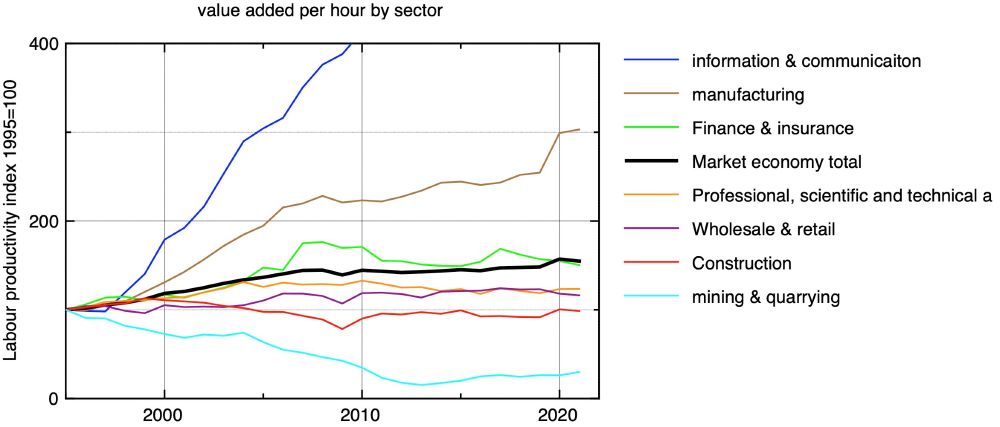Richard Jones
@richardaljones.bsky.social
1.5K followers
160 following
510 posts
Retired, former Professor of Materials Physics and Innovation Policy, University of Manchester. Science & innovation policy, regional economic growth, polymer physics.
www.softmachines.org
Posts
Media
Videos
Starter Packs









